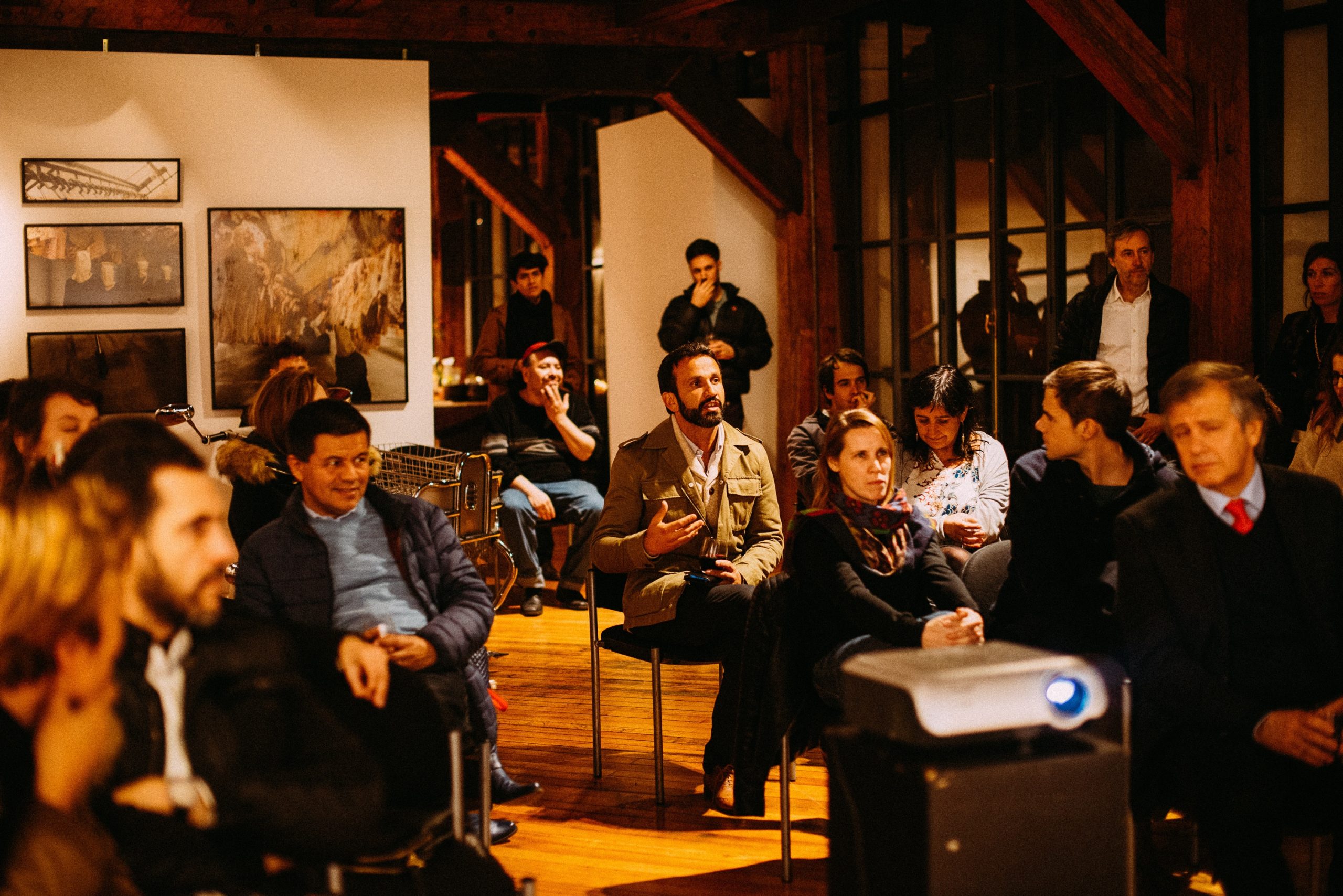Public engagement as a pathway to impact
Despite growing interest in public engagement with research, and general acceptance of its importance, relatively little is understood within the sector about how to plan for and evaluate the impact(s) of such wide-ranging activities placed under the broad umbrella of ‘public engagement’. For this webinar VV invited invited Paul Manners and Sophie Duncan, Directors of the National Co-ordinating Centre for Public Engagement (NCCPE), to share lessons learnt about assessment of impact(s) arising from public engagement in REF 2014, and, the works currently underway aimed at providing a more robust framework for evaluating impact(s) arising from public engagement for REF2021.
Background
There is a clear desire from the funders – and the wider sector – to see high quality public engagement featuring as a pathway to impact in the REF in 2021. This was one of the recommendations in the 2016 Stern review:
“Guidance on the REF should make it clear that impact case studies should not be narrowly interpreted, need not solely focus on socioeconomic impacts but should also include impact on government policy, on public engagement and understanding, on cultural life, on academic impacts outside the field, and impacts on teaching.”
The REF consultation in 2017 revealed that:
- “There was widespread perception that institutions had been cautious in their choice of case studies, submitting those impacts that were easy to evidence or align with the criteria. In particular, this was felt to have affected impact through public engagement and case studies demonstrating cultural or social benefits.
- A significant number of respondents highlighted the need for clearer guidance on capturing impact arising from public engagement. Overall, respondents were supportive of broadening definitions to be more inclusive of public engagement activity, but there was a lack of clarity about how such impacts would be assessed. A particular concern was raised about providing clarity on the distinction between dissemination and impact. Similar points were made regarding cultural and societal impacts, which were perceived to be challenging to evidence and measure.”
The NCCPE is keen to contribute to the development of criteria and guidance which encourages high quality public engagement with research to feature in the next REF. Their review of the 2014 case studies revealed that, even with the constraints noted above, nearly half of the case studies featured some aspect to public engagement as one of their routes to impact. That engagement led to a variety of significant impacts, particularly in stimulating discussion, dialogue and debate that deepened understanding, influenced policy and practice, improved products and services, developed individual’s skills and efficacy and brought new networks into being.
There is no question that assessing the impacts arising from public engagement is challenging, as it is for other forms of ‘stakeholder’ engagement, when the influence exerted by the engagement is often a subtle contribution to complex interpersonal processes like learning and cooperation. But that shouldn’t deter us from trying, or allow these kinds of impacts to be discounted because they are ‘too hard’ to judge.
Overview of webinar
The 2014 case studies revealed that it is possible to make compelling and robust accounts of impacts arising from public engagement. There is also a significant body of work, inside and outside higher education, dedicated to planning and evaluating complex interventions and processes of social change which we can draw on to inform the next REF.
The NCCPE is currently developing a framework to inform the guidance for assessing public engagement in REF 2021. This involves synthesizing the key lessons learned from the last REF, and from the extensive literature about evaluation and ‘what works’ in effective engagement and evaluation processes. A summary of the framework was shared with webinar participants before the session.
Webinar leads

Paul Manners (Director of NCCPE)

Sophie Duncan (Deputy Director of NCCPE)
The webinar was led by Paul Manners and Sophie Duncan, Directors of NCCPE.
The National Co-ordinating Centre for Public Engagement (NCCPE) is internationally recognised for its work supporting and inspiring universities to engage with the public. It works to change perspectives, promote innovation, and nurture and celebrate excellence. It champions meaningful engagement that makes a real and valued difference to people’s lives.
The NCCPE is supported by the UK Higher Education Councils, Research Councils UK and Wellcome, and has been hosted by the University of Bristol and the University of the West of England since it was established in 2008.

